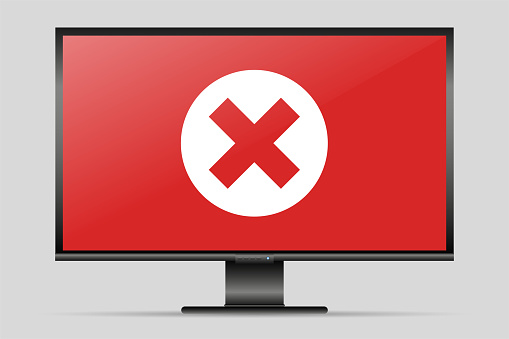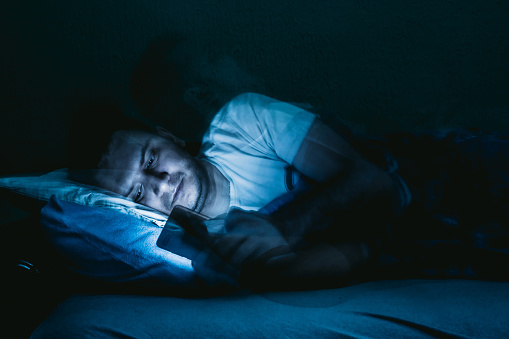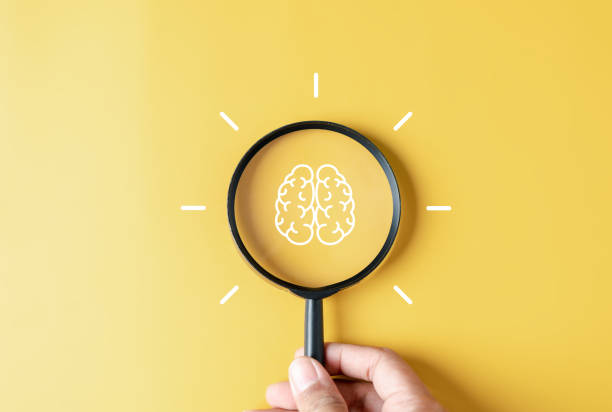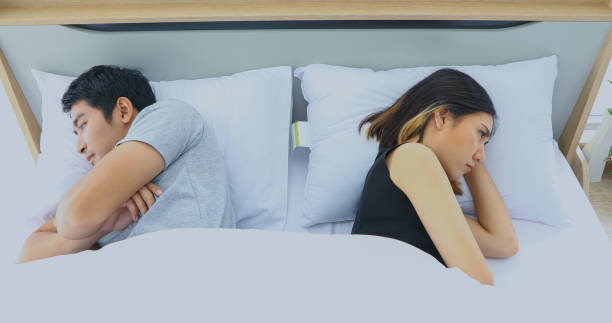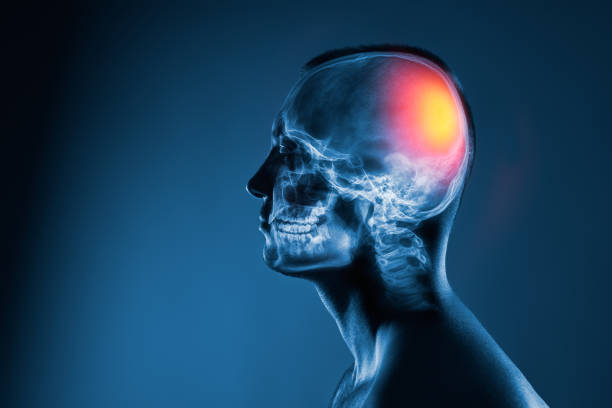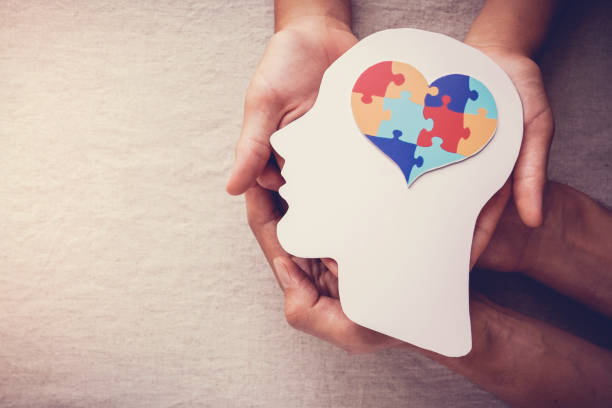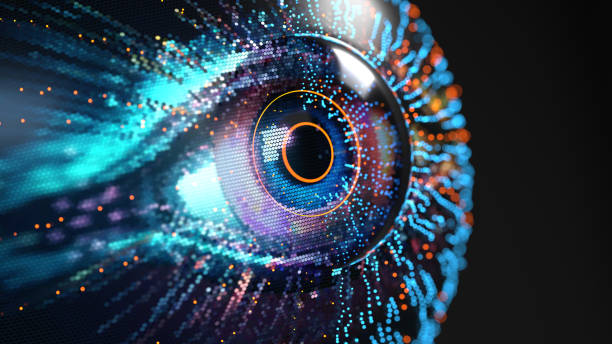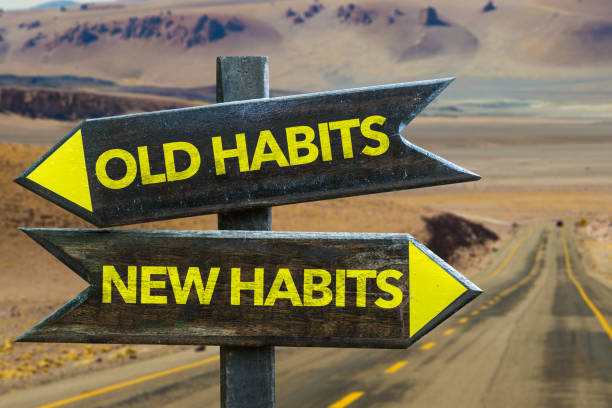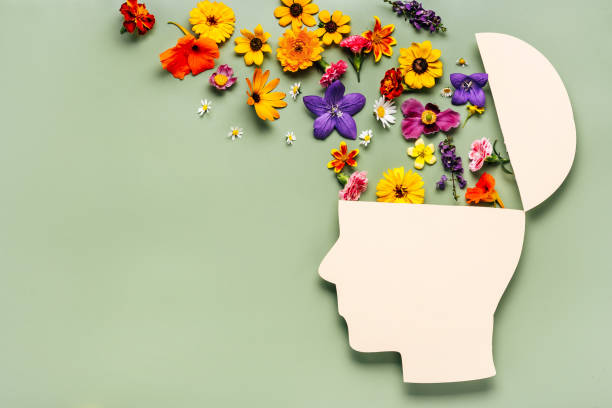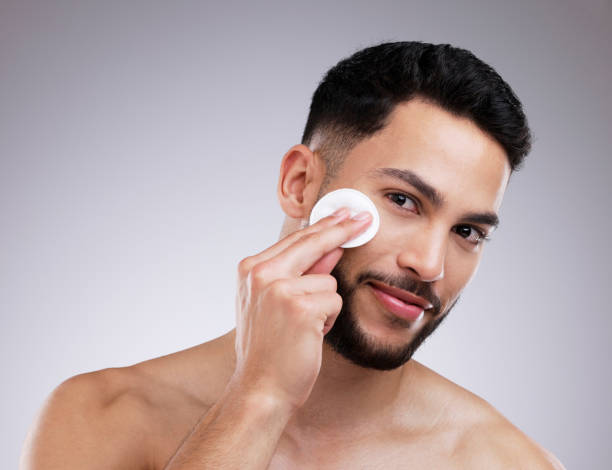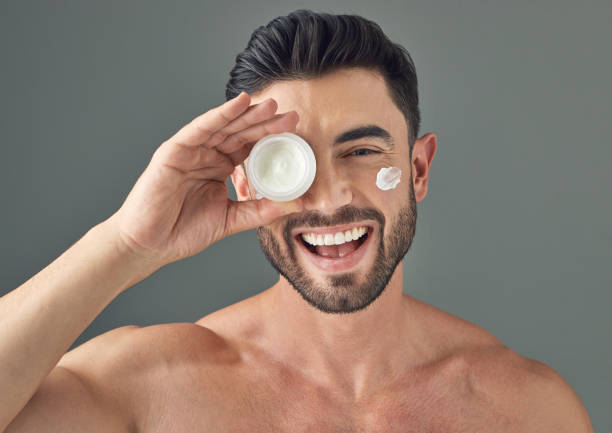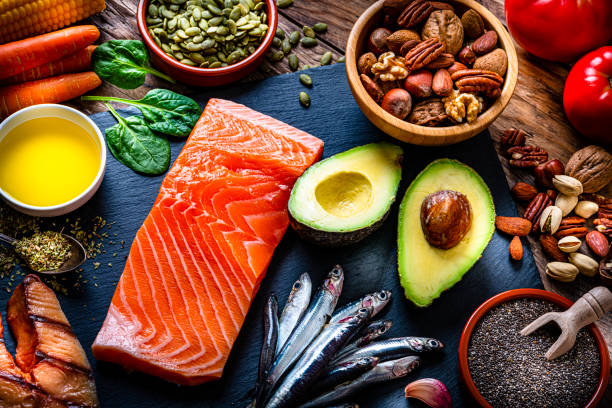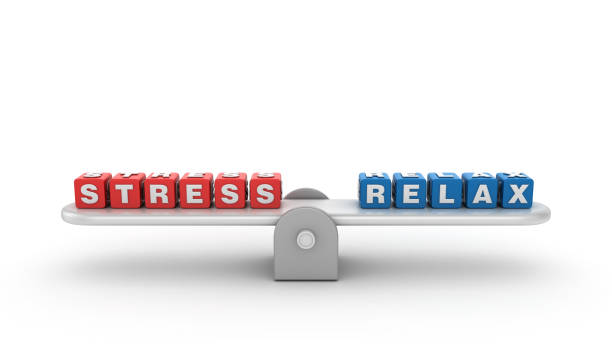Impact of Pornography on Marriage
Mixing pornography with marriage is a topic that often brings up a lot of different opinions and feelings. It's not a simple issue; there's a lot to think about and people have strong views about it.
Some think it can cause problems in a marriage, while others might see it differently. The way porn affects a married couple can depend on many things, like how much it's used and how both partners feel about it.
It’s important to talk openly about these issues, as they can really impact a relationship in various ways. Overall, it's a topic that needs careful thought and understanding from both partners in a marriage.
In this article, we are going to discuss exactly the impacts of pornography on marriage, be it positive or negative. We will delve deeper into how different couples perceive and handle the presence of pornography in their relationship.
Our focus will be on understanding the various dynamics at play, including emotional, psychological, and social aspects. We aim to provide a balanced view, considering both the challenges and potential benefits, to help couples navigate this delicate issue with greater awareness and empathy.
Navigating Changes in Sexual Expectations
Changes in sexual expectations are a common issue in marriages where pornography plays a role. Porn often presents a distorted view of sex, which can influence what partners expect from each other in their intimate life.
This can lead to unrealistic expectations and pressures, as the portrayal of sex in pornography is typically far from the reality of most couples' experiences. It's important for partners to recognize and discuss how these altered perceptions can affect their relationship.
Unrealistic Standards
Reiterating, pornography often leads to a gap between what is seen in porn and what actually happens in a couple's intimate life. When these exaggerated portrayals are mistaken for reality, it can cause a mismatch in expectations between partners.
To address this impact, it's essential to understand that what is depicted in pornography is fantasy, not reality. Recognizing this can help couples focus on developing a sexual relationship that is both satisfying and realistic.
Finding a balance between expectations and reality is key to maintaining a healthy and fulfilling intimate connection in a marriage.
Shift in Desires
Regular exposure to the diverse content found in pornography can alter an individual's sense of what is exciting or appealing. This shift in preferences can be significant, as what one finds stimulating in porn might not necessarily reflect their partner's interests or comfort levels.
Such a change can lead to a mismatch in desires and expectations within a relationship, potentially creating tension or dissatisfaction.
To bridge this gap, it's crucial for partners to engage in open communication about their likes and dislikes. This dialogue helps ensure that both individuals feel understood and that their needs are being met.
Discussing these topics can foster a deeper understanding and connection, helping to align expectations and enhance the overall intimacy in the relationship.
Pressure and Insecurity
One partner in a relationship might feel pressured to imitate acts they've seen in pornography, which can be uncomfortable or even undesirable for them. This pressure to replicate what is seen on screen can lead to feelings of inadequacy or discomfort, particularly if they feel they can't meet these perceived expectations.
Such situations can harm an individual's self-esteem and negatively impact the couple's sexual relationship.
To counteract this, it's vital to create a safe and comfortable environment where both partners can openly express their boundaries and preferences. This space should be free from judgment, allowing each person to communicate what they are and aren't comfortable with.
Establishing this kind of understanding and respect is key to maintaining a healthy and satisfying sexual relationship, where both partners feel valued and heard.
Understanding and addressing all of these changes is crucial in maintaining a healthy and satisfying sexual relationship. Open dialogue can help couples align their expectations and foster a more authentic and fulfilling connection, both emotionally and physically.
Addressing Emotional Disconnection
Emotional disconnection in a marriage can often stem from one or both partners engaging in regular porn usage. This can create various challenges, such as eroding the intimacy that's essential for a strong, healthy relationship.
These will eventually lead to feelings of isolation, and even causing trust issues. Understanding and addressing these emotional impacts is key to healing and strengthening the marital bond.
Eroding Intimacy
Frequent viewing of pornography can sometimes shift an individual's focus away from the emotional connection with their partner, steering their attention towards the fantasy world portrayed in porn.
This redirection of focus can result in a decrease in emotional closeness and bonding, which are crucial elements of a fulfilling and intimate relationship.
To counteract this, it's important to recognize the need for a genuine emotional connection with one's partner. Working towards rekindling intimacy is key, and this can be achieved through shared experiences, spending quality time together, and maintaining open lines of communication.
These efforts help in fostering real intimacy, ensuring that the relationship remains strong and deeply connected beyond just physical aspects.
Trust Issues
Discovering that a partner has been using pornography, particularly if it was kept secret, can be a challenging situation in a relationship. Such a discovery often leads to feelings of betrayal and mistrust, as the secrecy surrounding the use of porn can be as hurtful as the usage itself.
This breach of trust can create a rift in the relationship, making it difficult to navigate and requiring significant time and effort to heal. To deal with the aftermath and restore trust, openness and honesty are crucial.
Moving forward, it's essential for both partners to communicate transparently and sincerely. In some cases, seeking the guidance of a therapist can be beneficial.
A therapist can provide a safe space and professional expertise to help the couple work through these trust issues together, facilitating a path towards healing and rebuilding the relationship.
Isolation
Sometimes, a partner might turn to pornography as a means of escape or to avoid confronting relationship issues. This behavior can lead to a sense of isolation, as the individual becomes more engrossed in a virtual world rather than addressing real-life relationship dynamics.
Such escapism can create a substantial communication gap, leaving the other partner feeling alone and disconnected from the relationship.
To address this breakdown in communication, it's important to encourage honest conversations and dedicate time to reconnect with each other. By spending quality time together and engaging in open dialogue, both partners can start to bridge this gap.
This approach ensures that both individuals feel heard and valued, helping to strengthen the relationship and reestablish a deeper, more meaningful connection.
Rekindling The Spark of Marriage
In the journey of marriage, maintaining the spark is essential, yet it can often be challenged by various factors, including the influence of pornography.
The intrusion of unrealistic expectations and altered perceptions of intimacy, as shaped by pornography, can dim the once-bright flame of a couple's connection. In this section, we delve into ways couples can navigate these challenges, focusing on restoring the warmth and closeness that may have been overshadowed.
We'll explore the importance of open communication, mutual understanding, and shared experiences in rebuilding a strong, intimate connection.
By addressing the issues head-on and committing to a journey of rediscovery and reconnection, couples can find their way back to the deep, fulfilling relationship they once cherished, rekindling the spark that brought them together in the first place.
Overcoming Communication Breakdown
Each of the issues we've talked about plays a major role in communication breakdown, which is often a key factor in troubled relationships or marriages. When pornography is involved, it can significantly disrupt communication in a marriage.
This disruption might manifest as avoiding crucial discussions, a reduction in openness, and increased misunderstandings between partners. Tackling these communication hurdles is vital for keeping a relationship healthy and based on honesty
Avoiding Difficult Conversations
Many couples might find themselves turning to pornography as an easier alternative to engaging in difficult conversations about their sexual needs or underlying issues in their relationship.
This tendency to avoid direct communication can result in unresolved problems, leading to increasing dissatisfaction within the partnership.
To mitigate this impact, it's crucial to foster an environment where both partners feel safe to openly discuss their needs and concerns. Creating a judgment-free zone encourages healthy dialogue, allowing each individual to express themselves without fear.
This approach is key to addressing and resolving issues effectively, enhancing the overall health and satisfaction of the relationship.
Lack of Openness
Regular use of pornography can often erect a barrier in relationships, making it challenging for partners to be candid about their true desires or concerns in their sexual relationship.
This barrier can hinder openness, obstructing a genuine understanding of each partner's needs and preferences.
To overcome this obstacle, it's essential to cultivate an environment that encourages honest and vulnerable communication. Such an atmosphere allows both individuals to share freely, breaking down the barriers that impede understanding.
This approach is crucial for building a trusting and deeply connected relationship, where both partners feel comfortable and understood.
Misunderstandings and Assumptions
When clear and open communication is lacking, it becomes easy for misunderstandings to arise, often leading to incorrect assumptions about each partner's sexual needs and desires.
These misunderstandings can result in frustration, resentment, and a sense of disconnection within the relationship.
To avoid these negative consequences, prioritizing clear communication is essential. Making a concerted effort to communicate effectively and listen actively to each other is key in preventing such issues.
This practice not only helps in resolving misunderstandings but also plays a significant role in strengthening the overall relationship.
Establishing Healthy Boundaries
Setting clear boundaries around the use of pornography in a marriage is essential for maintaining a respectful and trusting relationship.
This involves making decisions together, respecting each other's comfort levels, and regularly checking in to ensure that these boundaries continue to meet both partners' needs.
Joint Decision-Making
It's crucial for both partners to collaboratively decide the role of pornography in their relationship, if they choose to include it at all. This decision-making process should involve open discussions, leading to a mutual understanding and agreement on what is and isn't acceptable regarding porn usage.
By making these decisions together, couples reinforce a sense of teamwork and partnership. This collaborative approach ensures that both partners feel heard and respected, contributing to a healthier and more balanced relationship.
Respecting Comfort Levels
Recognizing that each partner may have distinct views and comfort levels regarding the use of pornography is essential. It's important to acknowledge and respect these differences, as they are integral to each individual's feelings and boundaries.
No partner should ever feel pressured to accept something they are uncomfortable with. Maintaining mutual respect is fundamental in preserving a healthy dynamic in the relationship.
Additionally, as relationships grow and evolve, comfort levels and perspectives can change. Therefore, being open to ongoing conversations about this topic is crucial, allowing the relationship to adapt and flourish with these evolving views.
Conclusion: Cultivating Open Communication
Fostering open communication is critical in addressing the impact of pornography within a marriage. It's about creating an environment where honesty is encouraged, understanding is sought, and any issues that arise are tackled together. This approach promotes a healthier, more understanding, and supportive relationship.
Pornography's influence in the context of marriage is complex and differs greatly from one couple to another. Its presence in a relationship can bring a range of challenges and potentially lead to negative impacts, such as emotional disconnection, communication breakdowns, and mismatches in sexual expectations.
However, it's important to note that these challenges aren't insurmountable. With a commitment to open and honest communication, couples can begin to understand and navigate the intricacies of these issues together.
By fostering an environment of mutual understanding and respect, partners can address any concerns or misunderstandings that arise from pornography usage.
This process often involves both partners sharing their feelings, setting comfortable boundaries, and working collaboratively to find solutions that suit their unique relationship dynamic.
Additionally, seeking professional guidance, such as counseling or support groups, can provide valuable insights and strategies to help couples deal with any deeper or more complex issues related to porn.
Ultimately, the goal is to find a healthy balance where the needs and well-being of both partners are respected and prioritized. This balance is crucial in maintaining a strong, healthy, and trusting marital bond.
It involves continuously working on the relationship, being attuned to each other's needs, and ensuring that both partners feel valued, understood, and connected. In doing so, couples can build a more resilient and satisfying relationship, one that can withstand the challenges and evolve positively over time.
Featured Image Credits to Embed from Getty Images


